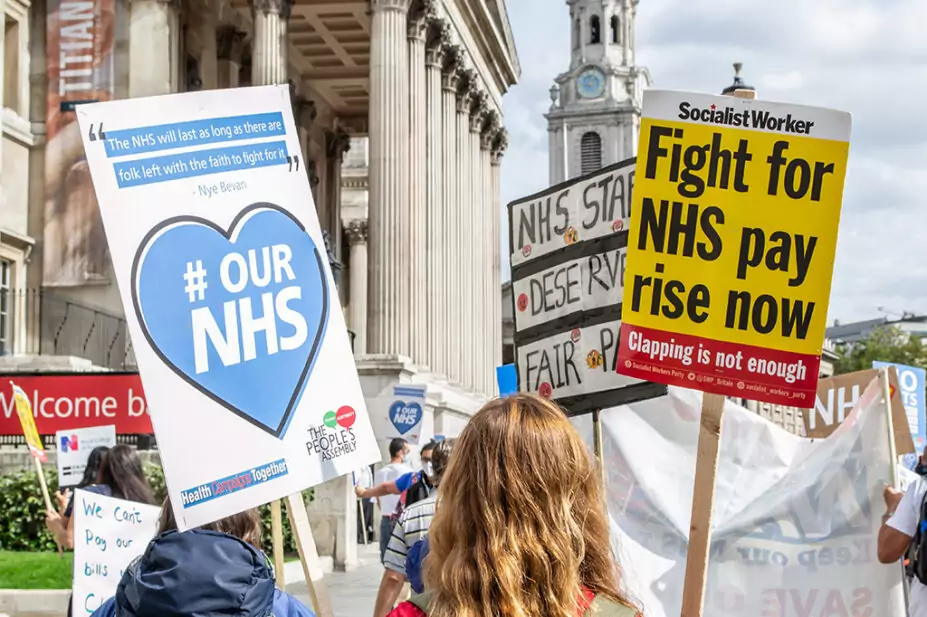
Shutterstock.com
The Pharmacists’ Defence Association (PDA) has launched its first ever strike ballot of pharmacists employed by the NHS under Agenda for Change terms and conditions in Northern Ireland.
The ballot follows a survey carried out by the PDA in December 2022, to which 80% of its members in Northern Ireland responded; 94% of whom called for strike action in response to the government’s proposed pay award for 2022/2023.
In July 2022, the English and Welsh governments accepted recommendations from the NHS Pay Review Body to give NHS staff on the Agenda for Change scheme a pay award of at least £1,400 backdated to 1 April 2022.
However, Robin Swann, health minister for Northern Ireland, said in July 2022 that he would accept the recommendation made by the pay review body but was unable to implement the pay increase “as Northern Ireland still does not have an agreed Executive Budget for 2022/2023”.
Commenting on the strike ballot on 28 February 2023, Paul Moloney, national officer for the PDA Union, said: “We recognise the political situation in Northern Ireland has exacerbated the situation but while it has put on hold any pay increase indefinitely, it has not put inflation on hold.
“Members in Northern Ireland, like their colleagues elsewhere, deserve a fair increase paid quickly.”
He added that the ballot will be “a postal ballot as required by law so we urge members to look out for the ballot paper, which will be clearly marked as urgent”.
The ballot comes after the Department of Health and Social Care published its evidence for recommendations for the 2023/2024 pay award on 21 February 2023, saying that “funding is available for pay awards up to 3.5%”.
“Pay awards above this level would require trade-offs for public service delivery or further government borrowing at a time when headroom against fiscal rules is historically low and sustainable public finances are vital in the fight against inflation,” the evidence said.
It added that meeting the recommendations for 2022/2023 “cost £1.4bn more than was considered affordable” and “necessitated some tough decisions, including the review of investment in transformation programmes such as reductions to IT transformation funding”.
On 21 February 2023, Sharon Graham, general secretary of the union Unite, said: “On the day when figures show that the country can well afford to meet NHS workers’ pay expectations, the government is trying to force another year of wage cuts onto the NHS,” noting the announcement from the Office for National Statistics that the government received a surplus £5bn larger than forecast in January 2023.
“This will only accelerate a spring of NHS strikes. This government either does not care about our NHS, its staff and patients, or has a more sinister future in mind for the service,” she added.
As of 28 February 2023, there are five planned days of strike action for NHS workers, including ambulance workers and junior doctors, in March 2023.


